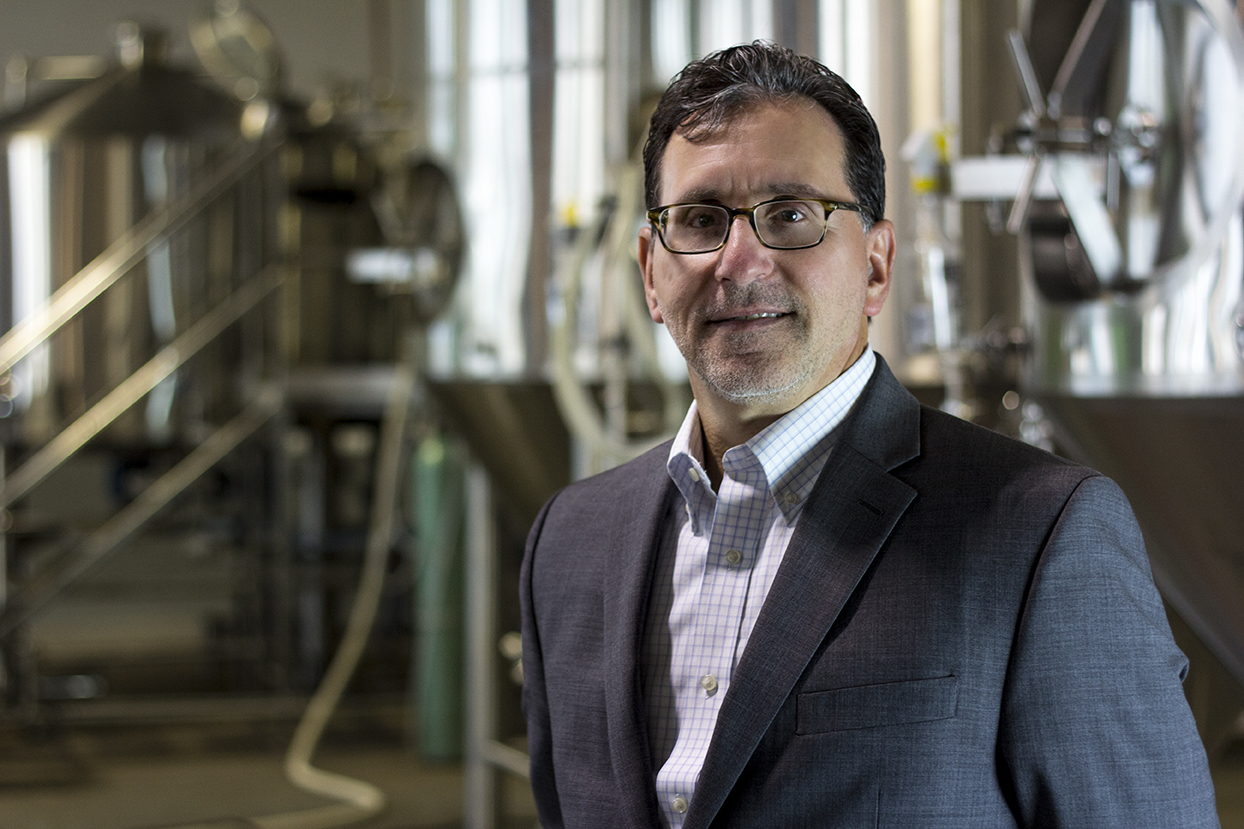
Biodynamic wines (such as above) are fairly popular. Fork & Bottle lists 521 Biodynamic wine producers around the world. Demeter owns the “registered certification marks” associated with this term and describes it as follows:
Critical to the BIODYNAMIC® method of farming is Goethean observation of nature and the application of such view to a farming system. Observation in this manner embraces nature as an interconnected whole, a totality, an organism endowed with archetypal rhythm.
It involves manure, skulls and deer bladders. Wineanorak describes these steps:
Cow manure fermented in a cow horn, which is then buried and over-winters in the soil. … Flower heads of yarrow fermented in a stag’s bladder. … Oak bark fermented in the skull of a domestic animal. … Flower heads of dandelion fermented in cow mesentery.
The Zinquisition is skeptical about the benefits, and Vinography describes it as: “a maddening, paradoxical mixture of scientifically sound farming practices and utterly ridiculous new-age mysticism.”
A long, detailed article in the San Francisco News sums it up this way, quoting Peter Cargasacchi of Cargasacchi Vineyards:
“A lot of these guys have MBAs and science degrees, and they’re out there using Biodynamics as their marketing program. Well, shame on them.” Ted Hall of organic Long Meadow Ranch in Rutherford adds, “It’s important that people understand that organic farming is a sophisticated, science-based approach not based on a belief system. … [Biodynamics] is a fad, because it is not based on substance. It will not persist over a long period.” … And yet many of the world’s most influential wine writers, including Robert Parker and Jancis Robinson, have become enthusiastic supporters of Biodynamics. Its self-proclaimed position as the “Rolls-Royce of organics” has allowed winesellers to win over overtly environmental shoppers, while Biodynamicists’ claim to craft the world’s most distinctive wines has ensnared connoisseurs.
So far as we can tell, TTB has its hands full with organic, meritage and allergens, and has not set forth a policy on Biodynamics to date.



Some quick notes on this BIODYNAMIC certification mark and certification marks in general: Indeed, Demeter Association, Inc. of Junction City, Oregon does have two certification marks registered in the U.S. and, based on PTO records, at least one international registration. These registrations cover the design mark that you see in this posting (Reg. No. 3448478) and the word BIODYNAMIC (Reg. No. 3102570).
Both are certification marks. While trademarks or service marks indicate the source or quality of a mark owner’s good or service, certification marks: 1) cover goods or services that the mark owner does not produce; 2) are applied to products or services that the mark owner certifies meet the mark owner’s standards; 3) require that a mark owner submit those standards to the PTO with their certification mark application.
Not to lessen the importance of Demeter’s certification marks, but really anyone can write standards and obtain a certification mark. Often, groups of like minded producers band together and produce a certification mark to get a competitive advantage in the marketplace. There’s nothing wrong with that, especially since most certification mark holders make their standards open to public review, but a certification mark is not a guarantee issued by a governmental agency or neutral that ensures that a product will be better.
The goal of a certification mark owner is to get consumers to seek and return to products that bear a certification mark. For example, think of how you perceive a product if it bears the famous certification mark “UL” for Underwriter’s Laboratories. To do that, like with trademarks and service marks, the owner needs to promote the mark and assure the quality of the goods or services bearing that mark.
By the way, lest you think Demeter owns the word, BIODYNAMIC is also registered to other entities as a trademark for several products, including sports equipment, specimen testing instruments, and a horticultural magazine, and for several service marks, including scientific and other consulting services.
The “UL” certification mark point is a good one. Why was it created? Well, inferior products such as electrical devices, wiring, lamps, etc were being installed in homes and causing fires and some deaths. In fact, you cannot build a house or install a light unless it is UL certified. No retailer, contractor, or installer will touch anything that isn’t UL certified. In fact, it is illegal.
Wouldn’t it be nice to have these types of assurances in the wines we drink or the foods we eat? It is the goal of Demeter and other wine/food certification associations to help educate and promote these products to the consumer. This isn’t some rouge group trying to monopolize an industry. Biodynamically produced wines and/or food taste better than industrialized versions of the same. How’s that bottle of 2 Buck Chuck taste? Better yet, how is that made?